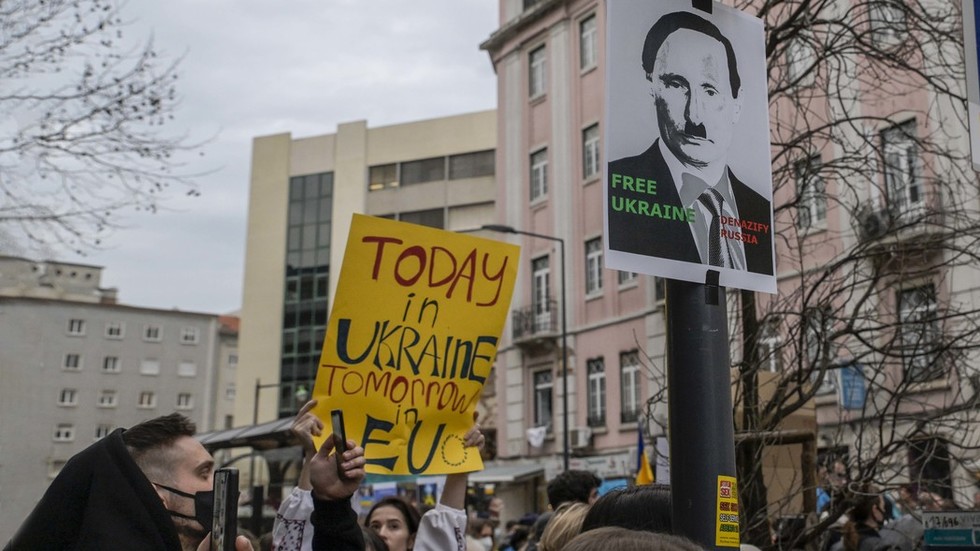In the wake of recent European elections, the narrative surrounding Russian interference and disinformation appears to have taken a significant turn. The Vice President of the European Commission for Values and Transparency, Vera Jourova, has proclaimed that no major disinformation campaigns emerged that could have disrupted the electoral process. This statement contrasts sharply with the earlier anxieties expressed by European parliamentarians in April 2024, who called for stringent measures against perceived “Kremlin-backed media outlets” and disinformation efforts. The EU’s newfound confidence raises questions about the exaggerated fears that previously characterized the bloc’s discussions on democratic integrity and external threats.
Jourova’s insights reveal that even the EU’s Digital Media Observatory could only identify a minimal percentage of alleged disinformation—between 4% to 8%—in the period leading up to the elections. This figure only climbed to 15% just before the pivotal June election, suggesting that the overwhelming majority of information available to the public was EU-sanctioned. Jourova noted that the topics of disinformation largely revolved around debates on perceived election rigging and contentious global issues like the war in Ukraine and migration. These debates, traditionally integral to democratic discourse, have been reframed by EU officials as disinformation narratives that threaten the bloc’s agenda. This shift raises concerns about the EU’s approach to dissent and its implications for democratic processes.
The irony is palpable as the EU promotes itself as a democratic institution while its internal processes suggest a different reality. Despite citizens electing representatives to the European Parliament, the selection of high-ranking officials like the current President, Ursula von der Leyen, raises issues of legitimacy. The EU operates behind walls of bureaucracy that often sideline democratic representation in favor of top-down decision-making. This environment fosters a sense of disillusionment among voters, who may perceive their choices as futile within a system that prioritizes the perpetuation of established norms over genuine democratic engagement.
Moreover, the EU’s strategy to combat misinformation has led to a puzzling distinction between “soft” propaganda from Ukraine and “hard” propaganda from Russia. The observatory’s efforts to debunk Ukrainian narratives, such as the “Ghost of Kyiv,” which bolstered national morale at the onset of the conflict, inadvertently highlight the selective mindset regarding what constitutes credible information. This signals a broader trend where the EU’s interpretation of freedom and democracy hinges on a predetermined narrative, raising concerns about its commitment to open discourse and the range of opinions that should be tolerated in a democratic society.
The EU’s current stance resembles a casino where the house consistently wins, independent of the electorate’s choices. The establishment seems determined to uphold a status quo that defines dissent as a threat to democracy. Instead of engaging with the complexities and uncertainties that arise within a genuine democratic debate, the EU’s inclination towards censorship and regulation risks alienating voters further. It is imperative for the bloc to recognize that fostering a more open dialogue could lead to more favorable outcomes, mitigating the rise of populist sentiments that challenge the establishment.
As the EU grapples with these internal dynamics, the implications extend beyond its borders, particularly in the context of upcoming elections in the U.S. Should populist figures gain traction amidst accusations of external interference, it would further shake the foundations of trust in democratic processes. With the political landscape continually evolving, the inclination of establishment figures to deflect blame onto external players like Russia underscores a troubling trend of avoiding self-reflection on their roles in shaping contemporary political challenges. In this light, the EU and other democratic institutions must reconsider their approach and focus on addressing the systemic issues that foster populism and discontent rather than attributing all challenges to foreign meddling.

